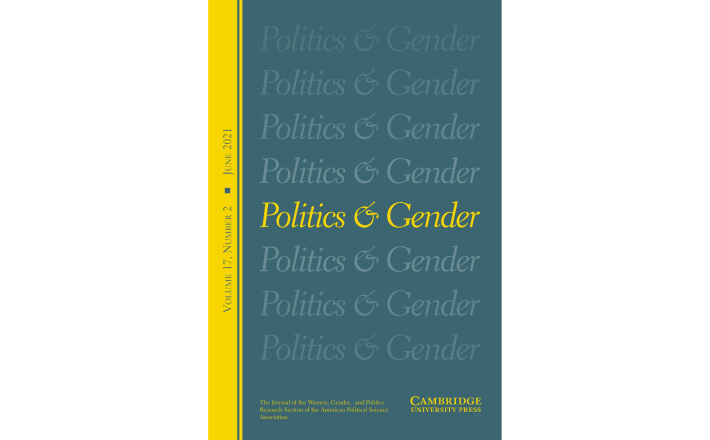The persistence of social norms, family formation, and gender balance in politics
Source: Cambridge University Press
Abstract
Throughout history, most positions of political power have been held by men, and despite numerous laws and regulations aimed at increasing gender equality in society and politics, the majority of democratic assemblies remain predominantly composed of men. What makes this gender composition persistent over time? Using data from Swedish population registers from 1982 to 2014 and demographic statistics from 1749 to 1859, I study how historical social norms shape the present-day gender balance in local politics. The results show that where family formation was more traditional in the past, there are fewer women in local politics today. The analysis also shows that family formation is a likely mechanism for the transmission of social norms across generations. The findings contribute to our understanding of the historical persistence of social structures and the reasons why gender balance in politics is not easily achieved.
Click here to access the article.

Abstract
Throughout history, most positions of political power have been held by men, and despite numerous laws and regulations aimed at increasing gender equality in society and politics, the majority of democratic assemblies remain predominantly composed of men. What makes this gender composition persistent over time? Using data from Swedish population registers from 1982 to 2014 and demographic statistics from 1749 to 1859, I study how historical social norms shape the present-day gender balance in local politics. The results show that where family formation was more traditional in the past, there are fewer women in local politics today. The analysis also shows that family formation is a likely mechanism for the transmission of social norms across generations. The findings contribute to our understanding of the historical persistence of social structures and the reasons why gender balance in politics is not easily achieved.
Click here to access the article.